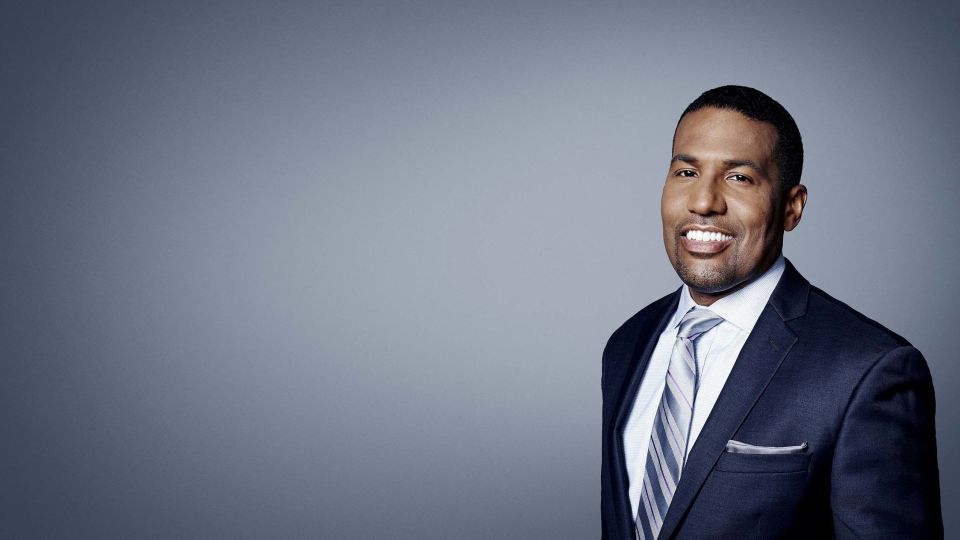The upcoming trial of former President Donald Trump is set to begin, with opening statements scheduled to start on Monday morning. Trump is facing a 34-count criminal indictment, accusing him of falsifying business records and sending reimbursement checks to his attorney Michael Cohen for a payment made to Stormy Daniels. Prosecutors argue that the falsification was related to hiding their liaison in order to enhance Trump’s election prospects in 2016. In New York state, falsifying business records is a misdemeanor, but can be elevated to a felony if it was done with the intent to commit another crime.
The jury selection process has brought together a panel of 18 members, including 12 jurors and six alternates who could step in if needed. The primary jury panel consists of various professionals who are likely to base their verdict on facts and evidence rather than political biases. The opening statements in the trial are expected to provide a preview of the evidence that will be presented. Prosecutors will focus on documents such as ledgers, invoices, checks, text messages, and emails to support their case against Trump.
Prosecutors will argue that the evidence, including documents and witness testimonies, proves Trump’s guilt in the hush money scheme. They will highlight the timing of the payment to Daniels just days before the 2016 election as evidence of Trump’s intent to conceal the liaison from voters. The defense team has several options in their opening arguments, including denying Trump’s guilt or adopting a strategy similar to that of John Edwards in claiming a different motive for the actions. However, any defense strategy carries risks and challenges.
The defense may choose to ask the jury to keep an open mind and remind them of the high standard of proof required to find someone guilty. They may also challenge the credibility of the state’s witnesses and argue against a guilty verdict based solely on political biases. Trump’s decision to testify in the trial remains uncertain, as it may be a game-time decision. The trial marks a historic moment, as no sitting or former president has ever been criminally prosecuted in the nearly 250-year history of the United States. Ultimately, the jury will decide whether Trump violated the law based on the evidence presented during the trial.


